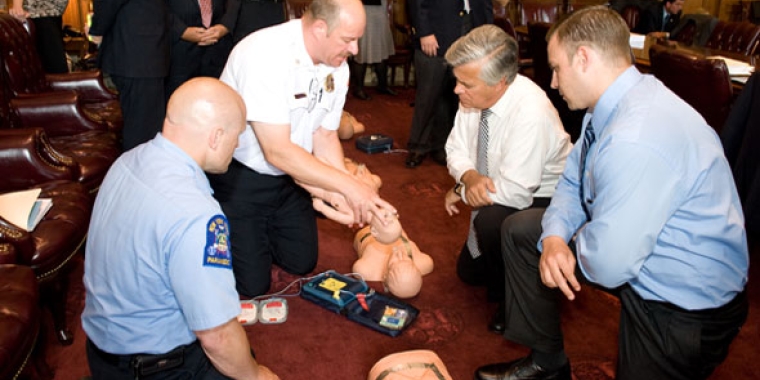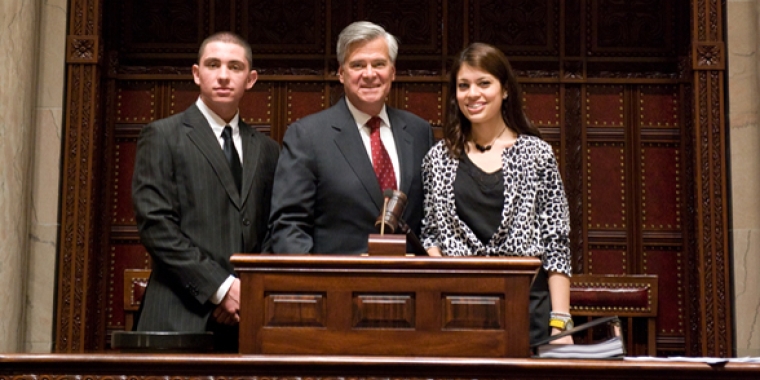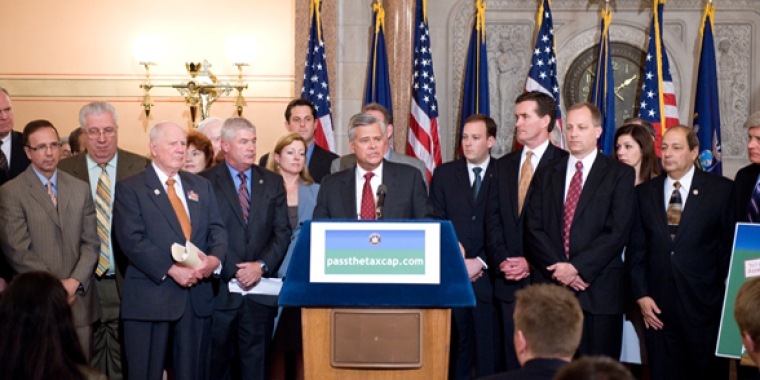
Senator Skelos Announces Passage of in-School Cpr Training Bill
Dean G. Skelos
June 14, 2012

Measure Requires High Schools to Include CPR Education
New York State Senator Dean G. Skelos (R, Rockville Centre) today announced the passage of a bill (S2491A) that would help educate students about basic Cardiopulmonary Resuscitation (CPR) skills. Adding CPR training as part of a high school student's health curriculum would increase awareness of important life-saving techniques and could ultimately save lives.
“Our schools prepare children to succeed in all aspects of their lives,” Senator Skelos said. “Enabling students to learn a life-saving skill while in school would provide an easy and convenient way for them to complement their education and benefit our entire community.”
Sudden cardiac arrest can happen to anyone at any time. About 5,920 children 18 years old and under suffer out-of-hospital cardiac arrest each year from all causes - including trauma, cardiovascular causes and sudden infant death syndrome. EMS treats nearly 300,000 victims of out-of-hospital cardiac arrest each year in the U.S. Unfortunately, less than eight percent of people who suffer cardiac arrest outside the hospital survive to make it home from the hospital. Effective bystander CPR, provided immediately after sudden cardiac arrest, can double or triple a victim’s chance of survival.
The American Heart Association recommends that hands-on CPR training be a requirement for graduation. Several studies have demonstrated that trainees, including school children, can achieve acceptable levels of skills proficiency in adult CPR in 30 minutes or less.
The American Heart Association's 2010 revised CPR guidelines make it even easier for more people to perform CPR. A greater emphasis is now placed on the simplest step – chest compressions. And hands-Only CPR is easier for a bystander to perform and survival rates are similar to that of conventional CPR (with both compressions and breaths).
This legislation does not require all students to become certified in CPR just to learn the basic skills - thereby making learning CPR easy and affordable. The bill would also ensure that all lessons meet the established standards of professional organizations such as the American Heart Association and the American Red Cross.
The bill has been sent to the Assembly.
###
Share this Article or Press Release
Newsroom
Go to Newsroom
Senate Passes Bills to Help Taxpayers
April 12, 2011
